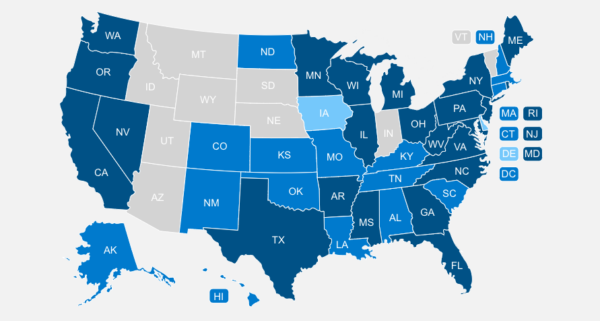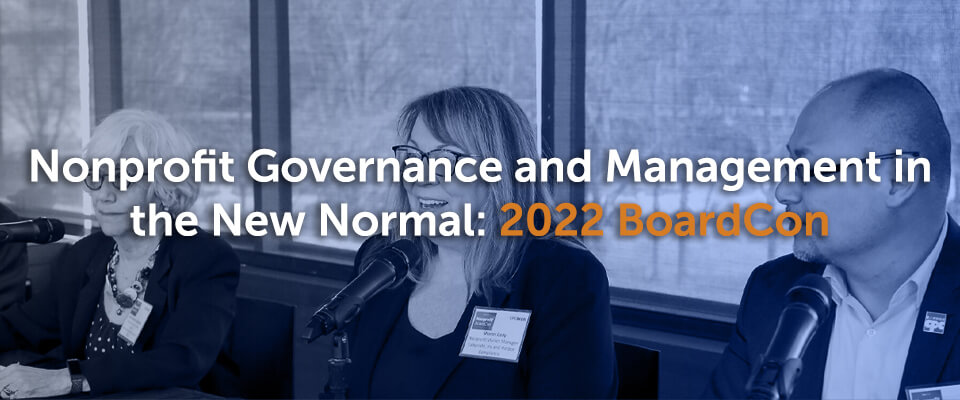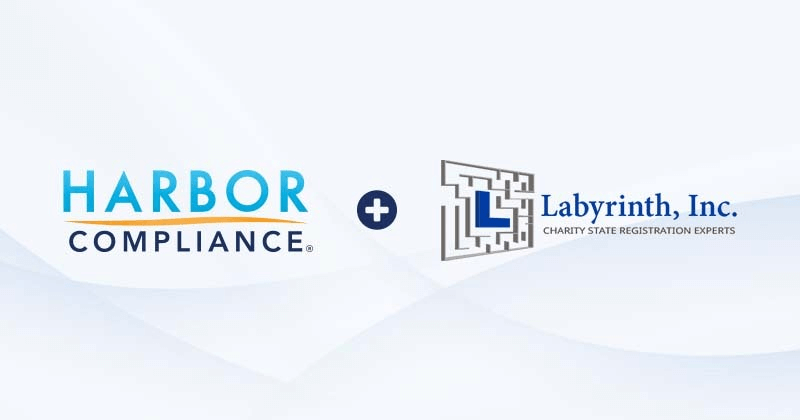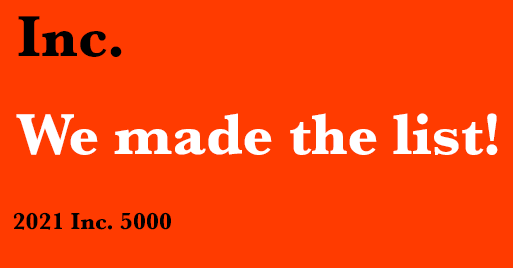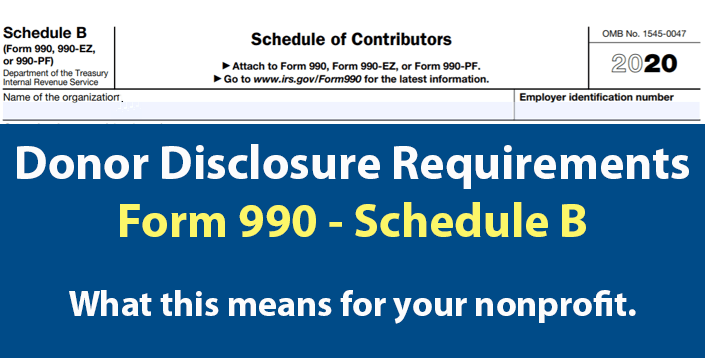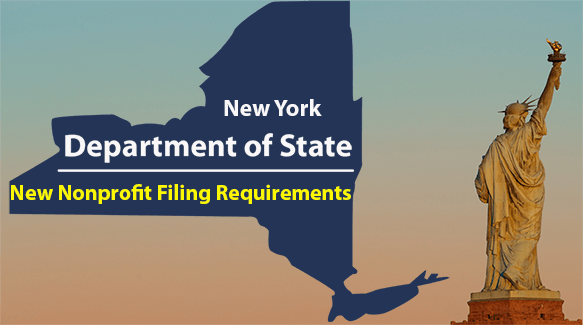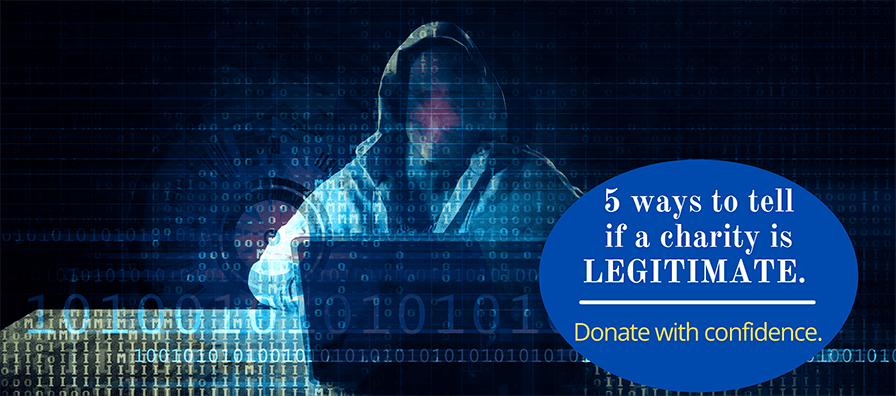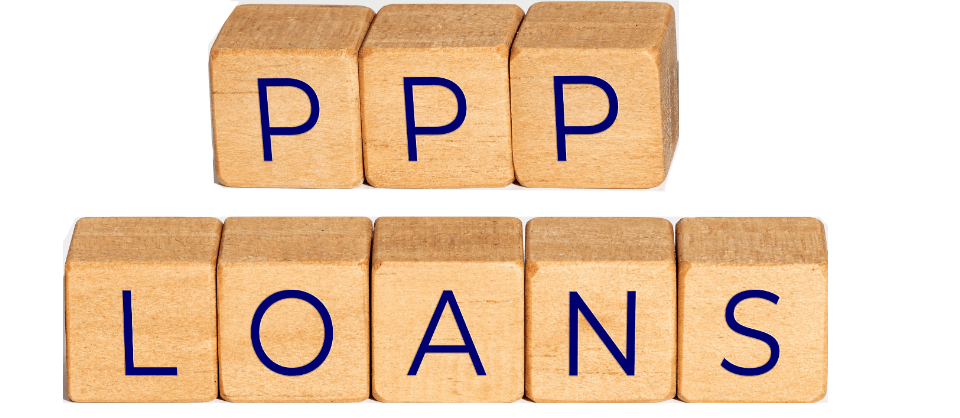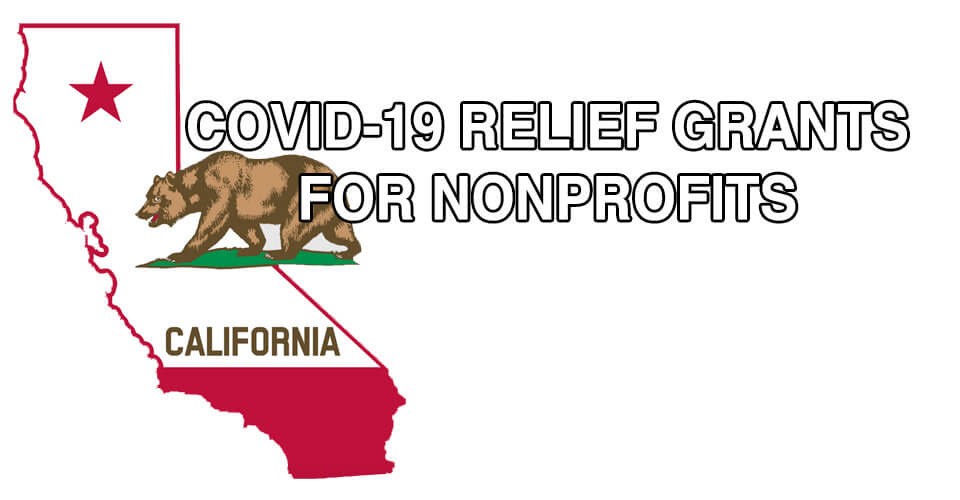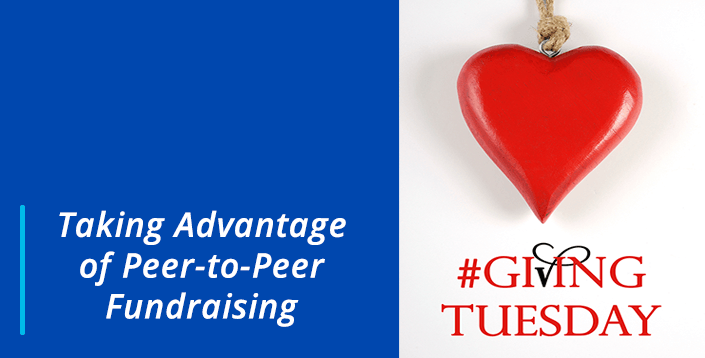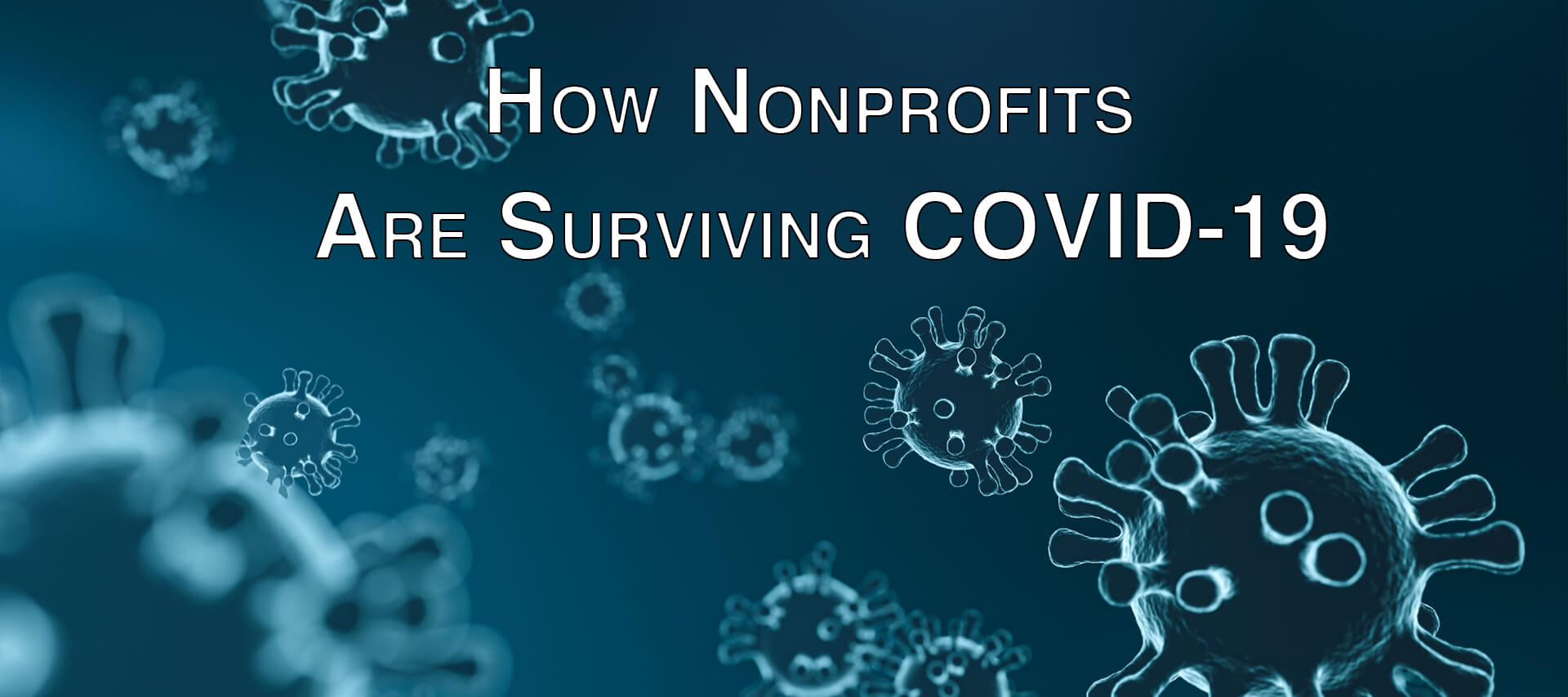
HOW CORONAVIRUS (COVID-19) IS AFFECTING NONPROFITS
March 24, 2020
THE IRS EXTENDS FILING DEADLINES FOR NONPROFIT ORGANIZATIONS
April 13, 2020A BREAKDOWN OF THE CARES ACT FOR NONPROFIT ORGANIZATIONS
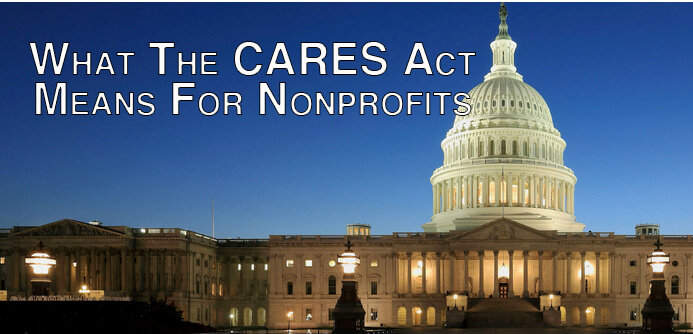
A Breakdown of the CARES ACT For Nonprofit Organizations
Nonprofit organizations have been hit hard by the coronavirus pandemic. Under the SBA’s existing 7(b)(2) program, most nonprofits organizations were eligible for disaster assistance in cases of emergency or ‘economic injury’ which results in the inability of a nonprofit organization to pay its necessary operating expenses. The CARES Act defines the coronavirus pandemic as and economic injury.
Paycheck Protection Program Loans For Nonprofits
One of the key provisions of the CARES Act is the $349 billion set aside for small businesses through federally backed loans under an expanded and modified Small Business Administration loan guaranty program call Paycheck Protection Program. SBA loans that are normally intended for for-profit organizations have been expanded to include nonprofits under the CARES Act.
Permitted Uses
Permitted uses of the loan include:
- Payroll costs. (with limitations as far as wages to highly compensated employees are concerned).
- Employer group health care benefits. Costs related to the continuation of group health care benefits during periods of paid sick, medical, or family leave, and insurance premiums.
- Interest on a mortgage: This does not include prepayment of mortgage interest nor the payment of the principal amount.
- Rent (including rents under lease agreement) in force before 15, 2020.
- Utilities, for which service began before February 15, 2020.
- Interest on other debt incurred before February 15, 2020.
Terms of the Loan
The terms of the loan are as follows:
- The interest rate is capped at 4%.
- Maximum loan term is 10 years.
- There are no prepayment fees.
- The loan is non-recourse as long as it falls within permitted uses as described above.
- Loan does not need to be repaid for at least 6 months. There are instances in which the loan repayment could be deferred to up to a year based on guidance issued by the SBA.
Loan Amount Your Nonprofit Can Expect
The loan amount will be 2.5 times the average monthly payroll costs and capped at $10 million. If your organization took an Economic Injury Disaster loan after January 31, 2020, it may be able to refinance the loan into the program loan. How much can be refinanced will still be based on the average monthly average payroll costs.
Nonprofit Eligibility
Nonprofit organizations with tax exempt status under Section 501(c)(3) and 501(c) (19) with 500 or fewer employees (must have been in existence on March 1, 2020) are eligible for the Paycheck Protection Program. If your nonprofit owns a for-profit entity, your for-profit entity is also eligible for loans under the new Paycheck Protection program, as long as it meets other SBA eligibility requirements.
Your nonprofit must certify that:
- The coronavirus completely or partially curtailed operations.
- Your gross receipts fell by more than 50% comparable to the same quarter of the previous year.
- Your nonprofit has not received a Payroll Protection Program loan.
Underwriting
It is important to know that these loans are underwritten by the impact of the coronavirus and not your organization’s ability to repay the loan. Your loan approval may be based solely on your credit score or other parameters set by the SBA. Your financial institution should provide you with accurate information.
Application
If you meet eligibility requirements, your next steps should be:
- Document the number of full-time employees on payroll and their pay.
- Calculate your average monthly payroll costs. Then calculate the maximum loan amount which is generally 2.5 times the average monthly payroll cost.
- Account for state income, payroll, and unemployment insurance filings.
- Put together documentation verifying mortgage or rent, lease, and utility payments.
- Next, calculate how much of the loan amount you will spend within eight weeks of receiving the loan. Note that this is the amount that can be forgiven. Also, beware of the fact that you can only spend it on permitted uses, including payroll and rent. In case you borrow more than you end up spending on permitted uses within the allocated eight-week period, prepayment penalties will be waived.
- Your organization is required to certify any documentation required for an application.
- Look up financial institutions that are partners with Small Business Administration as they are eligible to issue program loans. The Department of the Treasury may also authorize other lenders that are not partners with the SBA. Reach out to them for more accurate procedures and proceed accordingly.
Saving the Best for Last. LOAN FORGIVENESS
To be eligible, first, make sure your loan use is restricted to permitted uses during the 8-week period of receiving the loan. The amount of the loan that could be forgiven cannot exceed the principal. That means that you are still liable for accrued interest.
There is always ‘a catch’ – the amount that could be forgiven can be reduced:
- If there is a reduction in the number of your employee through June 30, 2020.
- By the amount of any reduction in total wages of any employee during the 8-week period. This reduction does not apply to salary reductions to employees who received, during any single pay period during 2019, salaries at an annualized rate of more than $100k. In other words, you could cut their salaries by up to 25% without liability of the reduced loan forgiveness amount.
Additional Provisions of the CARES Act
Payroll Taxes Payment Delay: The CARES Act allows your nonprofit to delay paying payroll taxes from March 27, 2020, to the end of the year. However, half of the amount of payroll taxes incurred during this time period must be paid by December 31, 2021 and the rest by December 31, 2022. Your organization is not eligible if your organization obtained a loan and the loan is forgiven under the Paycheck Protection Program.
Advance Loans for ‘Small’ Nonprofits: The CARES Act includes ten billion dollars for the federal Small Business Administration to provide emergency grants (Emergency Economic Injury Disaster Grants) through December 31, 2020. Small nonprofits are eligible for loan advancements of up to $10,000 within three days of submitting a loan application. Your nonprofit will be required to certify under penalty of perjury that it meets the eligibility requirements.
Industry Stabilization Fund: The CARES Act sets aside $500 billion in loans and investment for industries adversely affected by the coronavirus pandemic. This includes nonprofits that are not eligible for the Paycheck Protection Program. These funds are intended to be used for employee retention and the restoration of compensation and benefit levels.
We strongly recommend that you consult your attorneys, financial advisors and authorized lender to discuss this opportunity and how you can take full advantage of the CARES Act.
Written by Franklin Asongwe
